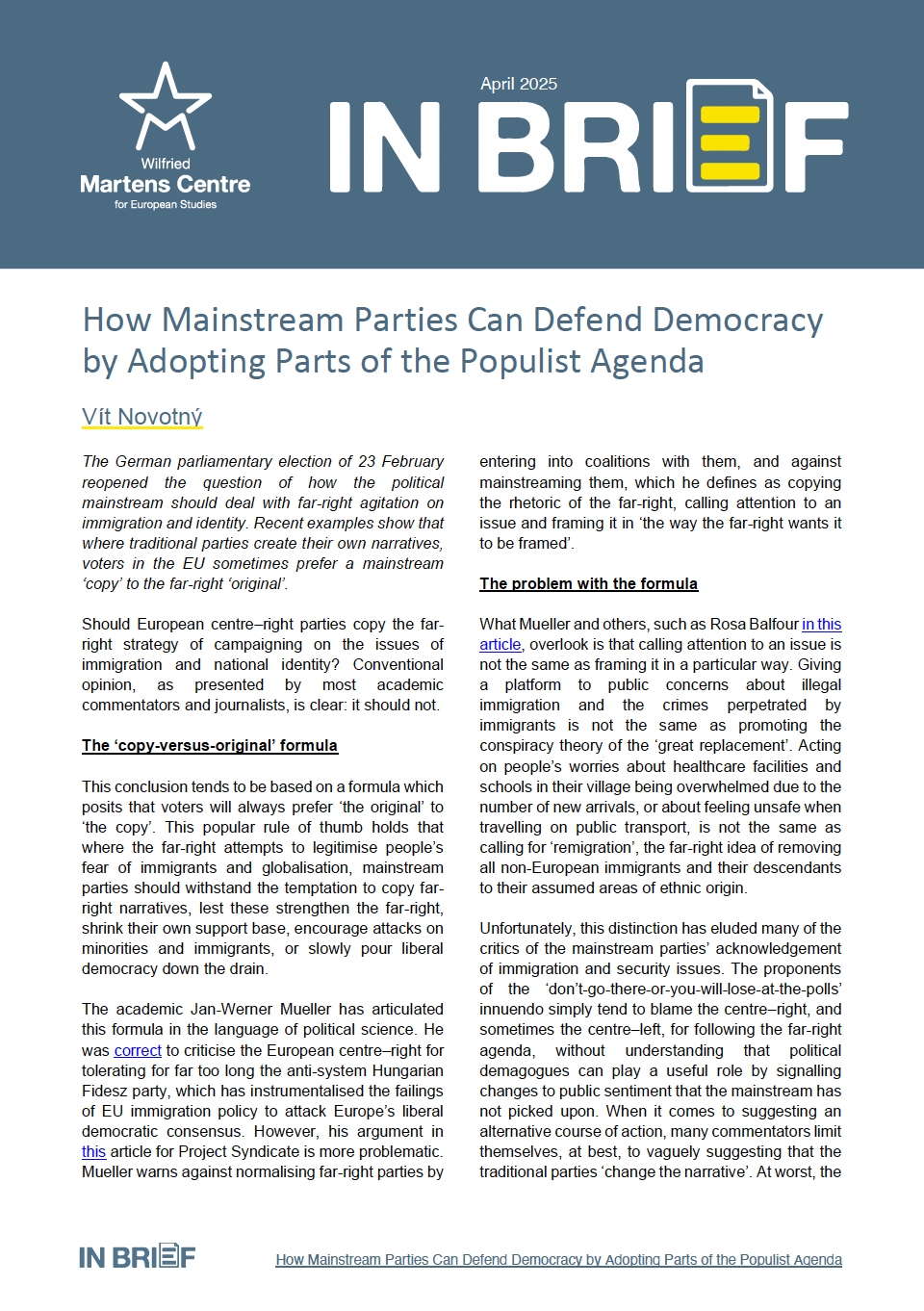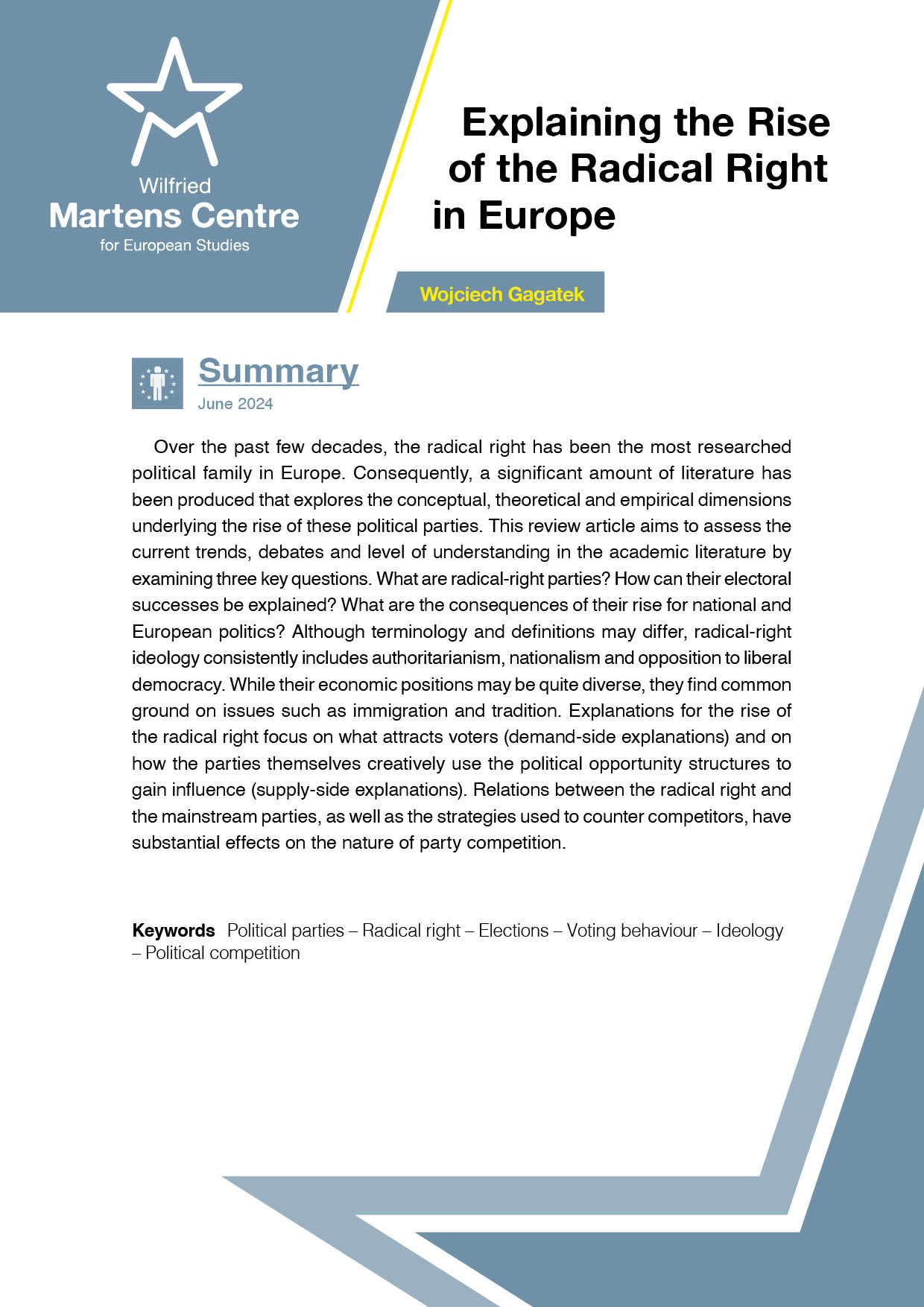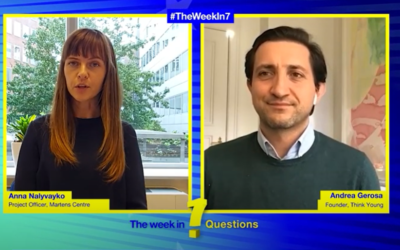Online politics for citizens in the twenty-first century
08 October 2015
Politicians need to answer more questions than ever before. And more than this, they need to provide answers more rapidly, and answers need to be more comprehensive. Due to the increase in the use of social network sites (SNS) and data being exchanged faster than ever, the challenge for politicians is to live up to the new and additional requirements involved in communicating with constituents. Online politics tries to offer tools to listen to constituents better and to reach out to them through new methods.
Laying the groundwork
Online tools are supposed to enhance democracy and make politics more efficient and effective. The online tools help citizens and politicians alike to exchange information in the process of reaching decisions. Nonetheless, Europe has seen not more but rather less political engagement in recent years—at least within political parties. Is public deliberation feasible through online politics, and if so, how can new tools be used to pave the way?
To answer these questions, it is necessary to take a step back and define the levels of representation. Traditionally, there have been ‘two sets of competing philosophies of representation’, as Ferber et al. (2007, 391) point out: ‘The trustee… model, where representatives act in accordance with their own judgement, versus the delegate, where representatives follow the wishes of their constituents.’ The authors go on to say that legislators do not conform completely to either type.
However, it seems reasonable to believe that the delegate model is becoming predominant. The way politicians carry out their work is changing as a result of new ways of exchanging information: the increased use of SNS, websites, email, Internet forums and chat rooms. In all these ways citizens are placing new demands on their representatives, and in this situation, the delegate model of representation is more appropriate.8
ENJOYING THIS CONTENT?




















